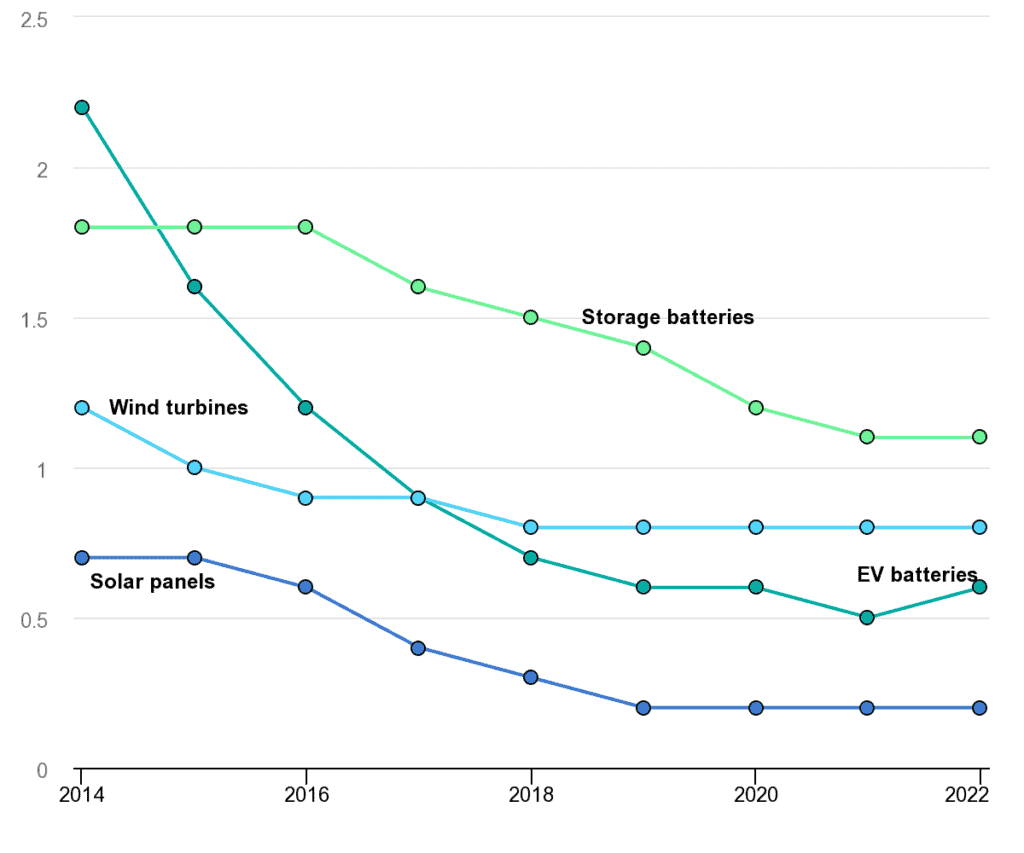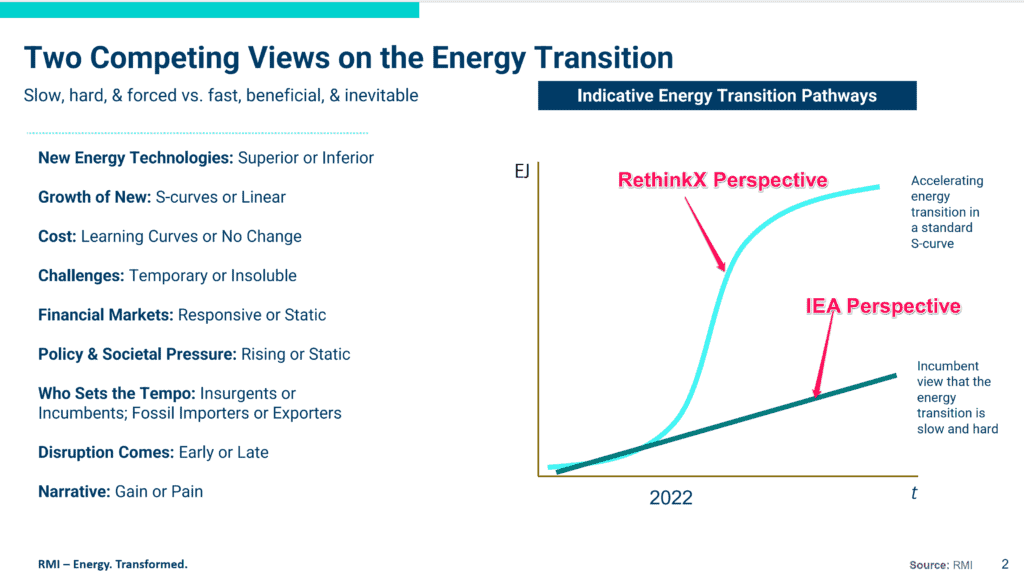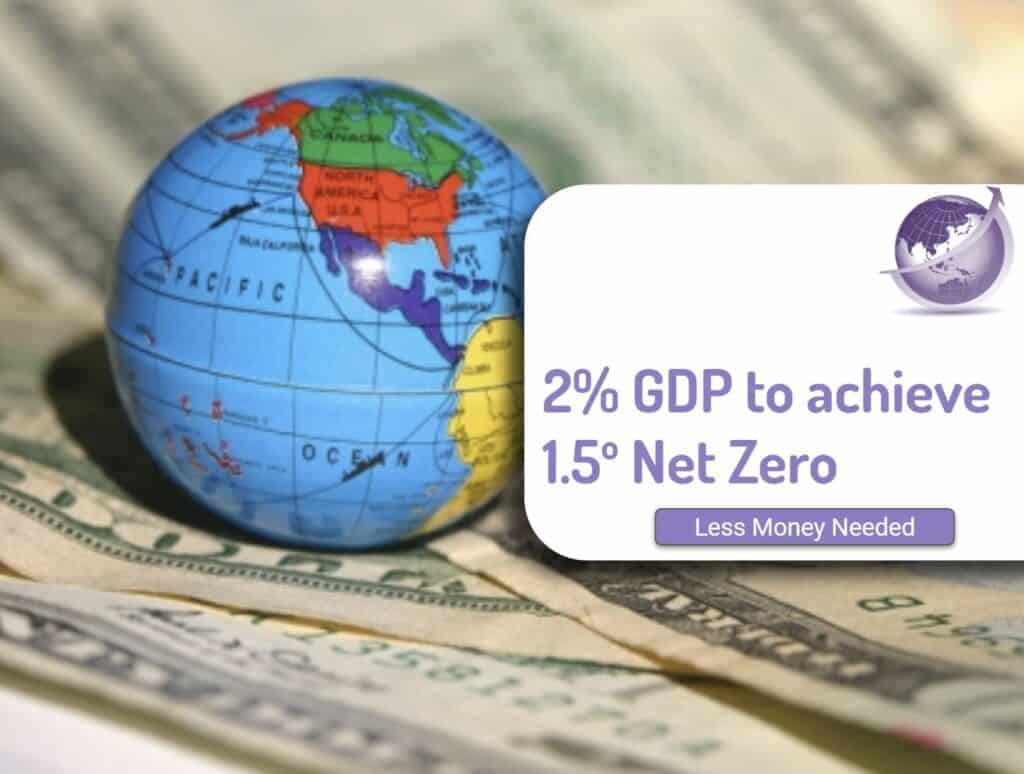What’s the explanation of continuing IEA forecasts wrong by 7 times and 25 years? Does the funding by fossil fuel companies distort their perspective? Is it a lack of understanding of exponential curves? It is more likely that the smart people in a smart organisation have the faster horse fallacy. Why do experts get it wrong? Wrong models? Group think? No understanding the energy disruption occurring?
The IEA has consistently ignored increases. Back in 2009, they projected about 40 GW of panels by 2035. Even in 2020, they projected 180 per year by 2035.
- 2022 – a record 225GW of solar installed
- 2023 – the forecast is for 440 GW of solar installed. In June 2023, IEA revised their forecast
- 2030 – IEA forecast is a total of 650GW but this is clearly fantasy when 440GW will be installed in 2023!
IEA Forecasts Wrong Again – By 7 Times and 25 Years!
By June 2023, IEA realised that by 2024, global PV production would exceed 1TW! (PV Magazine )

Does IEA Forecast of Supply Fail their Modelling
In their 2023 Energy Outlook document IEA concluded costs of wind solar and batteries are continuing to fall, and they use this to project out the future.
In 2023, global manufacturing increased 70% to nearly more than 450GW. But in 2023 and 2024, global PV is expected to double again. India is building out 60GW of capacity, with the USA also announcing similar PV production capacity.
But by June 2023 realised that production of PV would like exceed 1TW by the end of 2024. They claim this would be an “oversupply”. This supply would exceed their forecast demand by 2050 (25 years earlier)

Forecast by Rocky Mountain Institute
In contrast the RMI perspective is the IEA routinely over the past 2 decades forecast a straight line, and never exponential growth. Tony Seba from RethinkX and others say the behaviours of transitions follow an exponential path.
Here is RMI graph of falling prices which trend downwards much more than the IEA numbers.

RethinkX versus IEA Perspective of Disruption
RethinkX states disruption is occurring with Phase Change Disruption. IEA says it is simply a 1:1 change.

Phase Change Disruption
RethinkX describes rupture point, where the system is out of equilibrium. Phase Change occurs with rapid change in the system state. As importantly they state incumbent loss is greater and faster than the rise of the new technology, and this drives further change.










